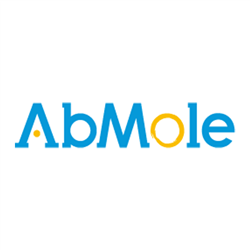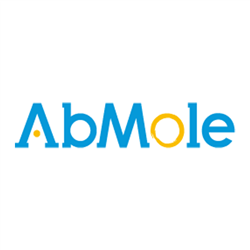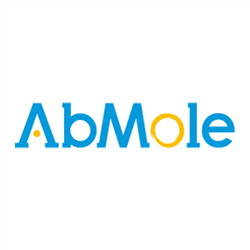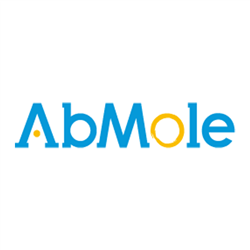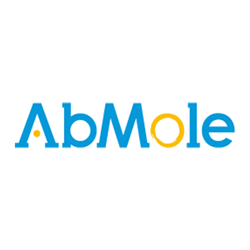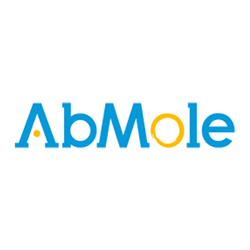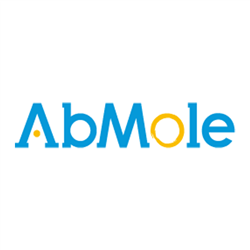Chemical
- Instrumentos
- Agitadores / Agit. Incubadores
- Orbitales
- Con Incubación
- Incubadores Gran Capacidad
- Lineales, Balanceo y 3D
- Incubadores Microplacas
- Para colocar en estufa
- Magnéticos
- Mezcladores /Roller /Rotatorios
- Agitadores de Paletas
- Jeio Tech Accesorios para Agitadores
- Benchmark Accesorios para Agitadores
- N-Biotek Accesorios para Agitadores
- Biosan Accesorios para Agitadores
- Labnet Int. Accesorios para Agitadores
- Vórtex
- Analisis Imagen, animales, plantas, geles
- Balanzas
- Baños Termostáticos
- Cabinas Flujo / Extraccion gases / PCR
- Centrifugas
- Detectores de Radioactividad
- Electroforesis
- Electroquímica
- Equipos Microplacas
- Espectrofotometros
- Experimentacion Animal
- Hornos de Hibridacion
- Homogeneizadores
- Estufas / Equipos calor, frio
- Luminómetros de Tubos
- Microbiologia
- Pipetas / Dispensadores
- Pipetas Labnet Int. Monocanales Automaticos
- Pipetas HTL Monocanales Automáticas
- Pipeta Accumax Mono y Multicanales
- Pipetas Labnet Int. Multicanales
- Pipetas HTL Multicanales
- Pipetas Volumen Fijo
- Pipetas Electrónicas
- Dispensadores
- Dispensadores de Botella
- Pipetas Biosan Monocanales
- Pipetas Biosan Multicanales
- PCR / Tiempo Real (qPCR)l / Cicladores
- QPCR, Sistemas automaticos
- Sonicadores / Ultrasonidos
- Ultracongeladores
- Bombas Jeringa / Vacio / Osmoticas
- Ultracentrífugas
- Micro Array label free
- Contadores de Células
- Contenedores Criogenicos
- Producción agua ultrapura
- Electrospinning
- Agitadores / Agit. Incubadores
- Reactivos
- Consumibles
- Catálogos PDF
Chemical Hay 28543 productos.
Glycodeoxycholic Acid
Glycodeoxycholic Acid is an endogenous metabolite. Glycodeoxycholic Acid induces hepatocyte necrosis and autophagy in patients with obstructive cholestasis.
Glycolithocholic acid
Glycolithocholic acid, an endogenous metabolite, is a glycine conjugated secondary bile acid. Glycolithocholic acid can be used to study ulcerative colitis (UC), non-alcoholic steatohepatitis (NASH0) and primary sclerosing cholangitis (PSC).
Glycolithocholic acid
Glycolithocholic acid, an endogenous metabolite, is a glycine conjugated secondary bile acid. Glycolithocholic acid can be used to study ulcerative colitis (UC), non-alcoholic steatohepatitis (NASH0) and primary sclerosing cholangitis (PSC).
TCH-165
Tch-165 is a small molecule modulator of proteasome assembly that increases 20S levels and promotes 20S-mediated protein degradation.
TCH-165
Tch-165 is a small molecule modulator of proteasome assembly that increases 20S levels and promotes 20S-mediated protein degradation.
Rhodamine 6G
Rhodamine 6G (Rhodamine 6G) is a fluorescent tracer that can bind to mitochondria, with a maximum excitation/emission wavelength of 525nm/550nm. It emits orange-red fluorescence and should be stored away from light.
Rhodamine 6G
Rhodamine 6G (Rhodamine 6G) is a fluorescent tracer that can bind to mitochondria, with a maximum excitation/emission wavelength of 525nm/550nm. It emits orange-red fluorescence and should be stored away from light.
RBN012759
RBN012759 is a potent, selective and orally active PARP14 inhibitor with IC50 values of
RBN012759
RBN012759 is a potent, selective and orally active PARP14 inhibitor with IC50 values of
AX-024
AX-024 is an orally available, first-in-class inhibitor of the TCR-Nck interaction that selectively inhibits TCR-triggered T cell activation with an IC50 ~1 nM.
AX-024
AX-024 is an orally available, first-in-class inhibitor of the TCR-Nck interaction that selectively inhibits TCR-triggered T cell activation with an IC50 ~1 nM.
CB-5083
CB-5083 is a first-in-class, potent and selective, orally bioavailable inhibitor of the p97 AAA ATPase/VCP. CB-5083 selectively inhibits p97 through its D2 site with the IC50 of 11 nM.

